Learn to recognize signs and symptoms of bipolar disorder in your teen. Then get help. Fast.
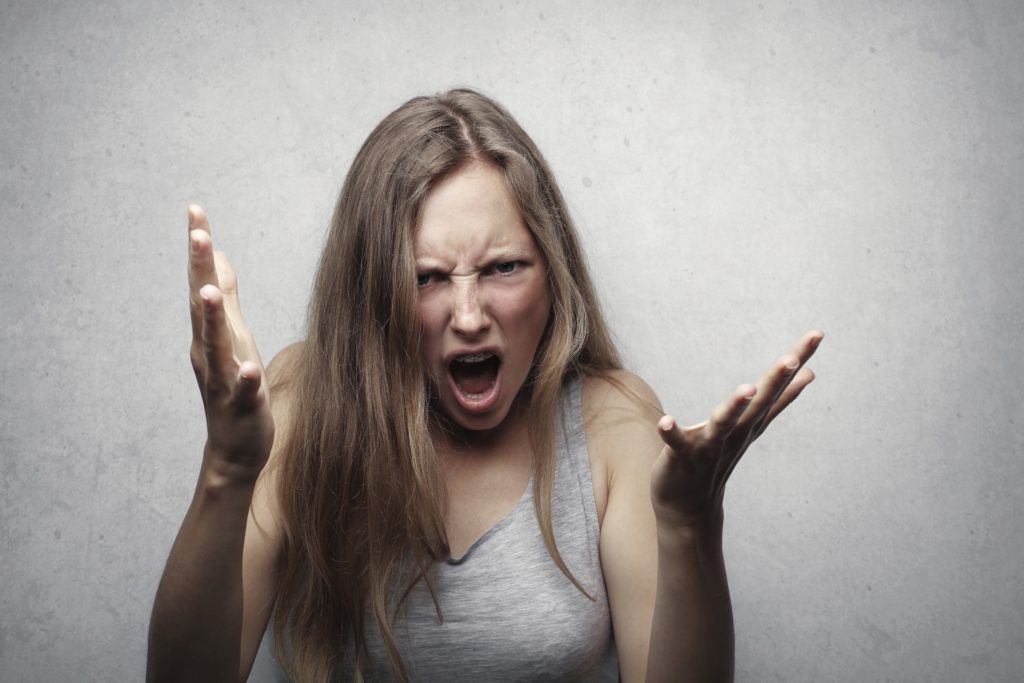
It’s the worst shock to hear your adolescent child has done things you raised him not to do. Every parent experiences this. But some parents get socked in the gut. Instead of your teen sneaking out with friends at a sleepover, you hear he got rowdy and broke out a sliding glass door. Or that your son was found in bed with a 14 year old daughter of your family friends. Or that your 15 year old daughter was arrested for possession of marijuana, and has been selling it, too. Loving teens with bipolar disorder can include many scenarios like these…. and worse. I’m telling you…bipolar in teens. You hope you handled each incident well, that your teen learned (they do learn, right??) …and that it won’t happen again. And then something worse happens the following week. Each shock drains you, and leaves you feeling like a bad parent — even when the cause of all this is a disorder in your teen’s brain.
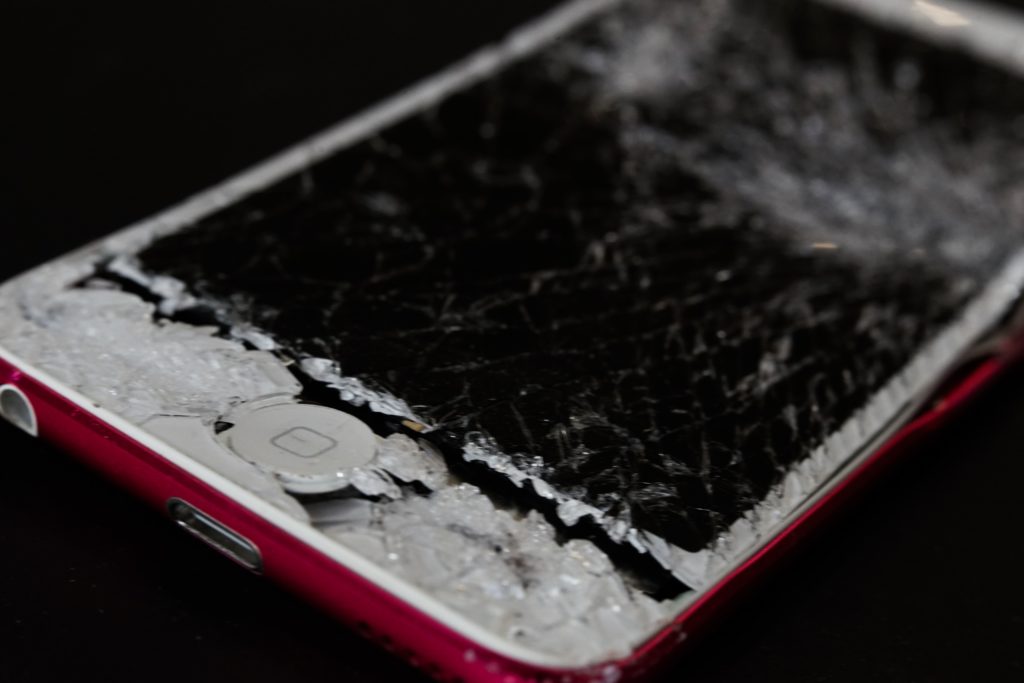
Is your teen acting in a way she never has before? Is she storming angrily around, maybe slamming whatever is in her hand and breaking it? How many times has she broken her mobile phone since Christmas? 3? 4? 5? Oh no…even more??
Does your child — who has always been a conscientious student — seem to have lost interest in school.. and is even furious about it?
Does he quietly sneak off… spending hours who knows where? Maybe he’s in bed when you check in the morning…? Do you get calls from other parents about destructive things your child has done? It’s embarrassing, and you feel so helpless.
Where Does Discipline Fit When You Seek Help for Bipolar in Teens?
Oh, you can give them a lecture, sure — but it seems to fall on deaf ears… and may even trigger rage. Still, they need love, patience, and structure. And most of all, medical care.
Your child needs structure, natural consequences, and firmness. But most of all, your teen needs lots of love, understanding, and support in the face of his consequences. He wonders: how does it happen? How did he land here…again? He’s ill and his urges are often counter to what a peaceful society dictates. And you know what? He’s probably just as confused by them as you are.
Does she seem to want time alone, maybe playing the piano or guitar…Then a few hours later is cursing her life, her friends, her future..?
Does he sleep on and on 12 or 18 hours at a time, then go for 3 days hardly sleeping?
Are you noticing that he talks about sex, talks about his “sex life” when you feel he’s way too young for all that…?
Maybe you feel you just have a rebellious teen on your hands…and you might…but don’t hesitate to look deeper. Heavy punishment will not “get his attention” or “teach him to submit to authority” … This is a disorder in his brain. He needs loving structure. On occasion, you might restrict him, without shame, and use that time to spend with him, working on hobbies or cooking together. Bipolar in teens requires your time, attention, quick-thinking, and support. You can give him time with you to help him center himself.
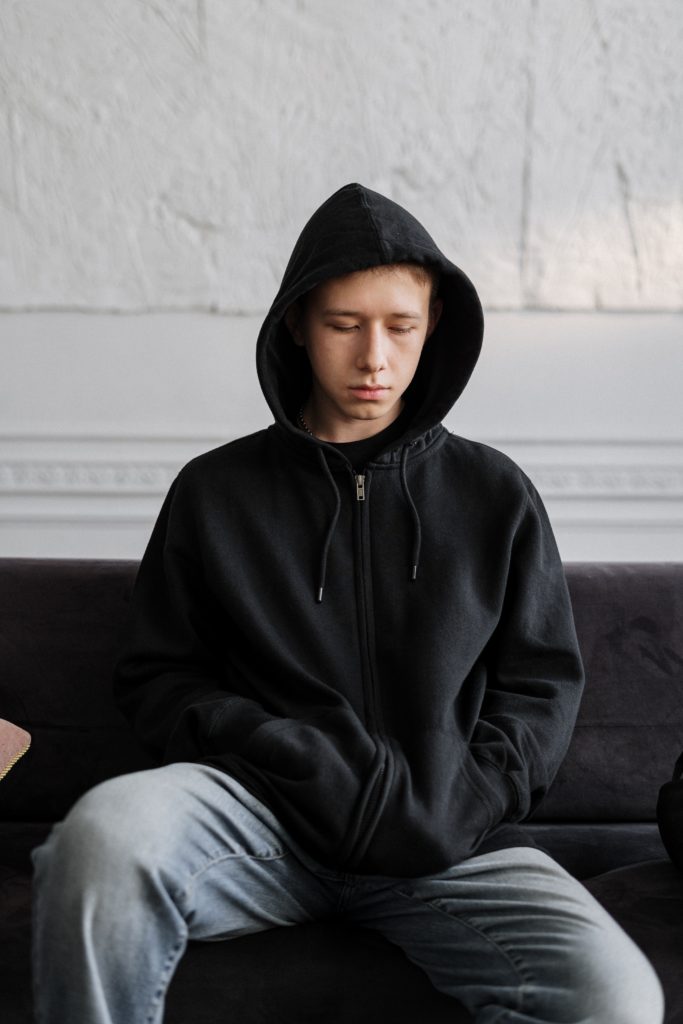
Even so, depression can pull him into a pit of despair at some point that’s so overwhelming. It’s a cruel disease, and so painful to watch. You may be tempted to take his dark mood personally, but he’s not intending to offend you. It’s his brain function doing this. He’s miserable…
And the alarming changes in your son or daughter could be signs of something that has gone awry in their brain.
Like bipolar disorder.
At What Age Does Bipolar Begin?
Bipolar Disorder is often diagnosed during adolescence, but it can be seen in children…or not emerge until college or later in adulthood.
But it needs to be identified and diagnosed as soon as possible, because diagnosis opens the path to treatment. And the earlier effective treatment begins, the better his chances to find stability and lead a rewarding life.

Bipolar in teens isn’t easy to accurately diagnose. It’s up, down, and all over the place and doctors often get it wrong. It shares some symptoms with ADHD, and sometimes with psychotic disorders. And certainly with depression. In fact, we think these disorders are linked in some way. Sometimes bipolar in teens causes hallucinations or delusions just like in primary psychotic disorders. And ADHD-like symptoms are often seen in bipolar teens—the distractibility and the impulsivity when they’re manic, the not paying attention during long stretches of depression. All of these symptoms are the result of disordered brain function and we shouldn’t be surprised to see the overlap.
The hard thing, really, is to figure out what’s going on.
Bipolar in teens is the biggest challenge to your love, and the more you learn HOW to love them, the more hope you build together.
Parenting a teen with bipolar disorder can be scary. So much change, so many alarming reactions. You may look at them and think (secretly): who are you and what have you done with my kid?
And school. What about school? If he’s going to class and doing homework, whew, that’s a relief. But for many teens who are living in a chaotic brain, school is at the bottom of their list. The chaotic condition affects their ability to learn, to read, to do any kind of work consistently. A teen who learned to read at age 4 can find it impossible to read when he’s in the throes of mania or the darkest depression of his life. As a result, without effective treatment, he’s at high risk for failure. It can change the course of his life…
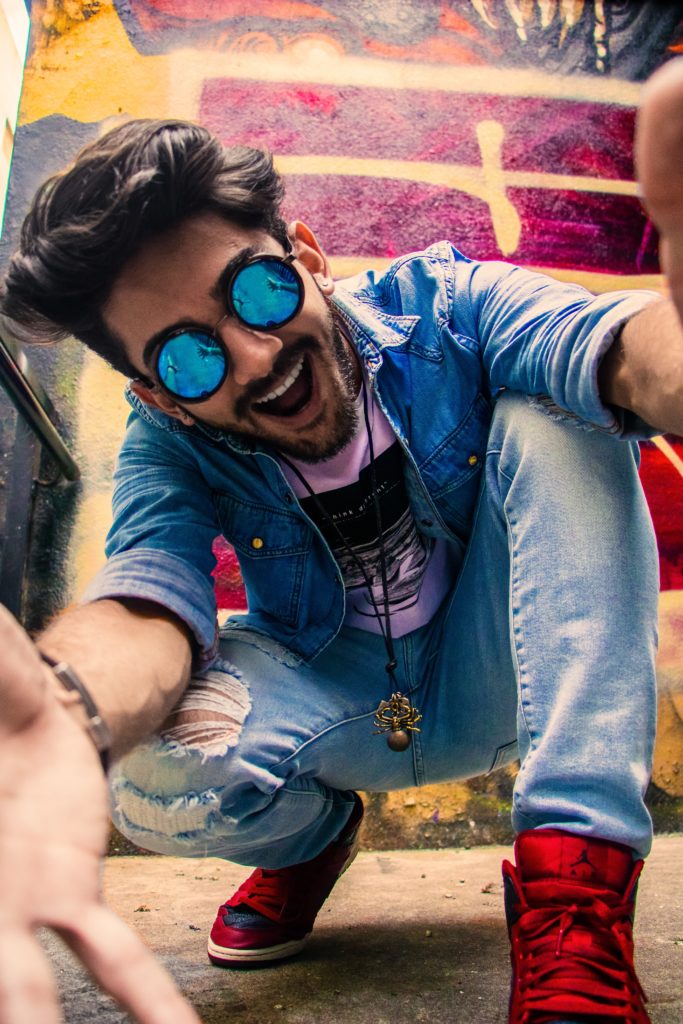
But if it’s scary for you, imagine how frightening it is for your teen to have so many things happening in his mind. He feels powerful at times, more powerful than anyone, and doesn’t understand why he’s not being treated with the deference and respect he believes he’s due.
Then, later he may crash from his mania, plunge into depression… and lay in bed for hours sobbing, feeling so so sorry for his behavior. They say there are two persons in bipolar disorder. The one who creates the messes, and the one left to deal with the fallout. And as his parent, you are the one who tries the hardest to find solutions … and probably find yourself feeling more helpless than anything else.
So even if bipolar in teens can be heartbreaking, you can’t give up. Because your child is suffering. And you’re suffering, too.
What Do the Symptoms Look Like?
Bipolar disorder can look really different in different kids. In one you may see sorrow, listlessness, despair. In another you may see “acting out,” as people like to call it. It can be all over the map. Even in the same day. Sometimes at the same time. What you see in behavior is often the outward expression of what’s happening in her brain.
Friends with the same problems who are self medicating the same way become threatening to your child’s sobriety, and ability to stabilize.
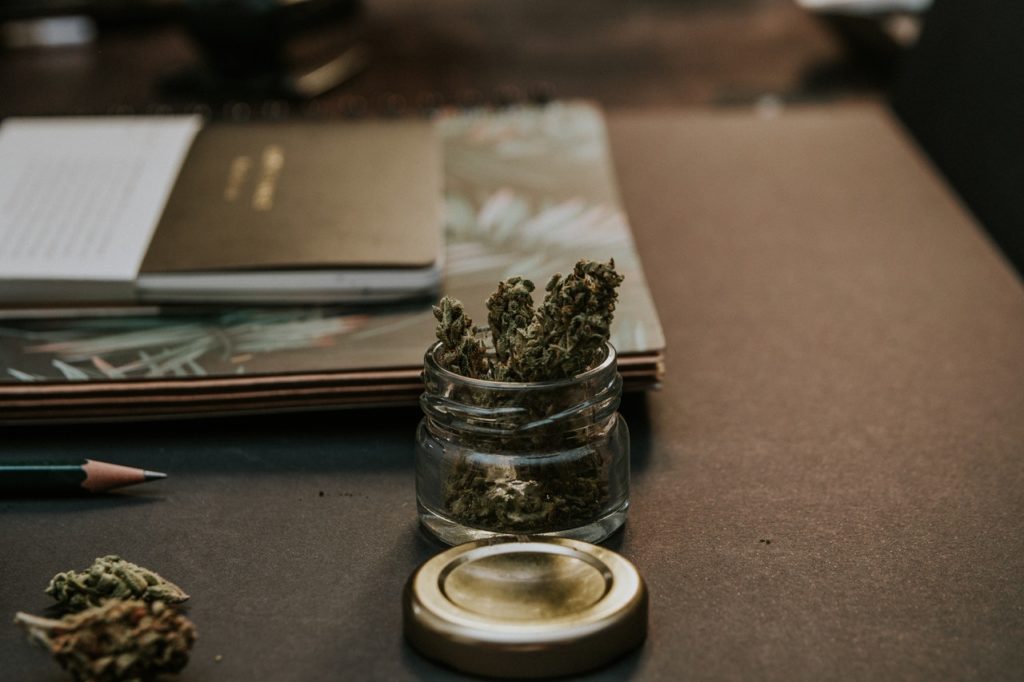
And then there are the comorbid conditions (other disorders that accompanies the first one) that complicate… everything. Perhaps you find alcohol in his car, or marijuana or pills in his drawer — and then all of a sudden substance use threatens to take hold.
And sadly, substances can make the bipolar symptoms so much worse. You could face a DUI or DWI with him. Charges. Calls to the police. And social isolation because people feel they need to protect their family from your child.
If you’ve been there, you know what I mean.
Maybe your 13 year old daughter has condoms in her purse. You’re so alarmed! Heartbroken. Terrified of the potential consequences for her. Pregnancy, STDs, assault. And of course you panic. But hypersexuality is a common symptom of bipolar disorder, even in teens.

Take care when you respond to your teen’s behaviors. At times you may be in a rage — because you feel helpless and angry and overwhelmed. But moderate your response. Because you have a child with a fragile stability… as much as he tries to convince you otherwise. Too much humiliation, too much shame, and he could feel he has to escape himself. Because he feels helpless, too. Suicidal thoughts are common in teens with bipolar, and the impulsive behaviors and fragile self image can lead to sudden suicide attempts or suicide death.
If you see suicidal thinking in your teen, IV ketamine treatment can stop those thoughts in an afternoon. We conducted a large real-world study in our practice using ketamine in hundreds of patients—including adolescents — with depression and suicidal ideation that shows how incredibly effective it can be.
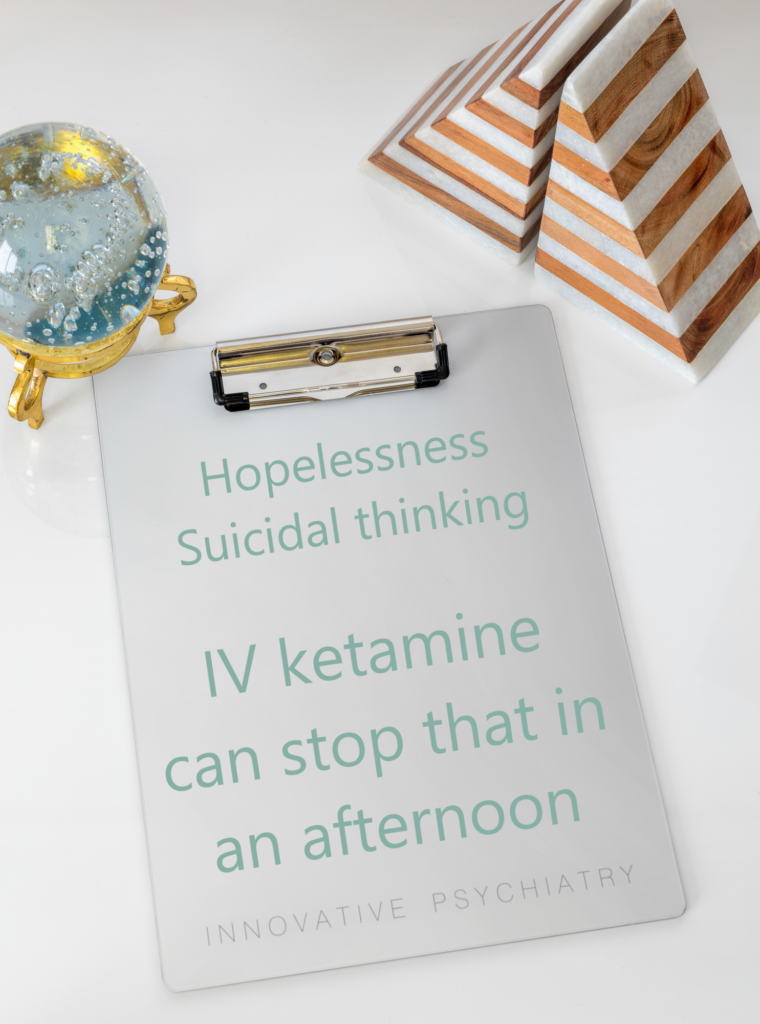
Get help. Seek medical care. Find therapy. For your teen and for you.
We’re happy to say that IV ketamine treatment has a strong and promising effect on bipolar depression specifically. It’s fast and it’s thorough. It doesn’t work for everyone —because everyone’s brain is unique. But it works for many people who have treatment resistant depression or bipolar depression, even when everything else fails. No other medicine can lay claim to that. Chances are it will work so well for you that you’ll feel transformed.
Ketamine sees bipolar depression like major depression. It releases mRNA to turn on DNA which triggers release of Brain Derived Neurotrophic Factor (BDNF) which turbo boosts the proliferation of synapses (connections between brain cells). When that happens, signals fly across your brain at rocket speed, which rapidly opens up communication between parts of the brain.
Creativity turns on. Fear gets turned down. That sad hollow feeling and the inability to enjoy anything pleasurable are kicked to the curb when ketamine hits the lateral habenula to tamp down those restrictors of good emotions. Neuroplasticity flourishes in your brain cells so they become able to change, and you become able to embrace change in your thinking… which can help you get better.
— Lori Calabrese, MD
Imagine this for your teen. It could change her life. It could SAVE her life.
We’ve talked about the difficulties with bipolar disorder. Let’s talk about the blessings of it. When your teen is stable on medications, and symptoms are controlled, she will be one of the most sensitive, caring, affectionate of your children. He’s creative and may write poetry, or music, or lyrics…or may paint or write books.
Some of the most talented musicians, artists, and poets currently in the world, and throughout history, have struggled with bipolar disorder. The gifting of this beautiful person will hold you in awe. Their capacity for love and giving can be second to none. To watch these abilities expressed is a gift you’ll carry in your heart forever. Don’t give up. There is more help now than ever before.

At Innovative Psychiatry, we know that treating both the depression and the mania or hypomania in bipolar disorder is crucial. There isn’t one medicine that treats all the symptoms equally and perfectly for everyone. So you need your doctor’s full attention.
While IV ketamine treatment often relieves bipolar depression dramatically, it doesn’t work on the manic or hypomanic symptoms. But they’re treatable.
It may take a collection of meds to treat the manic symptoms. Or…one pill might do it for you. But it’s more likely it will require more than one. For adults and teens with bipolar II disorder—some people call it bipolar 2–if depression is the dominant symptom, IV ketamine treatment can be transformative. So many others — just like you — say that every day.
If you’re hoping that you or that teen you love might a candidate for IV ketamine treatment — and want to find out — call us and come in for a consult.
When you begin treatment, you’ll find yourself cozy in a quiet room that feels like a spa so you can fully relax and let the tensions of the day melt away. To make you feel safe here, we’ve installed plasma-cell technology that destroys 99.999% of viruses, bacteria, and molds in the air and on our surfaces…. so you don’t have to worry about delta and mu variants. Our technology was developed by NASA and the Department of Defense — groundbreaking stuff, really, that we’ve invested in to keep you safe. So you can settle in to making the most of your treatment.
We’re pretty groundbreaking. Always have been. (You don’t get to be a doctor’s doctor without that.)
If you or your teen (or someone else in your family) suffers with symptoms that treatments and medicines haven’t helped, call us.
We want to help you discover the freedom available through IV ketamine treatment.
So you can feel your joy, your hope, your initiative, and motivation restored.

To the restoration of your best self,
